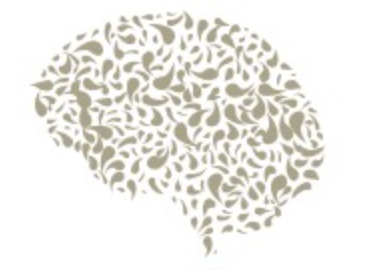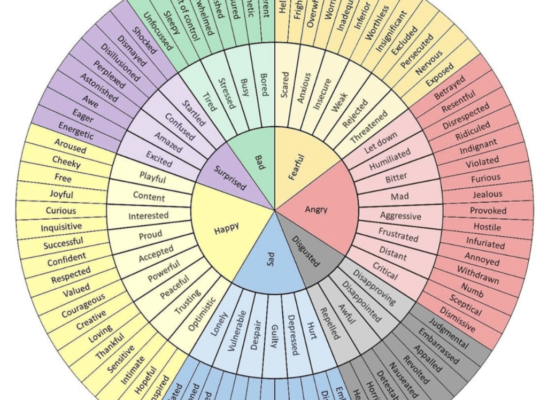
In various cultures, there’s a belief about the importance of social connections and how they shape our lives. While Western societies often emphasize individual pursuits, studies across mammals, including humans, reveal our deep reliance on social bonds. Childhood disruptions in these bonds can lead to long-term issues.
Social Pain and Its Connection to Physical Pain
The link between physical and social pain is significant. Social pain, like heartbreak or hurt feelings, is not just a metaphor; it’s real. Our brains treat social connection as a necessity for survival, impacting our behavior and motivations. This challenges the idea that people are solely self-interested.
This has implications for how we motivate in organizations. While pay for performance is common, acknowledging social motivators like praise and a supportive environment is vital. Understanding “mindreading,” our ability to comprehend others’ thoughts, reveals our innate social nature. Evolution has wired us to be socially focused in spare moments, emphasizing our built-in tendency to be social creatures.
Redefining the Self: The Socially-Influenced Self
The research sheds light on the concept of “self.” The medial prefrontal cortex, associated with self-processing, is also involved in allowing others’ beliefs to influence us. Our socially-influenced self helps maintain harmony in society.
Raising Socially-Aware Children
When it comes to raising children and education, understanding the role of social nature is crucial. Teaching kids about the importance of social connections early on can positively impact their well-being and decision-making.
Human connection is defined as engaging in vulnerable interactions where each person is heard, seen, known, and valued. It’s a mindset more than a relationship status, involving treating others with genuine care. Connection is not perfect, digital, an exchange of information, one-sided, or based on proximity. Instead, it’s something that can be cultivated, risky, involves the gift of presence, and requires active effort.
Prosocial Learning for Better Outcomes
Children learn better when they teach others, emphasizing the importance of prosocial learning. Implementing more peer learning, especially with age-staggered approaches, can enhance the benefits of social networks in the brain.
Our social connections profoundly shape our lives, impacting our well-being, motivation, and even the way we learn. Understanding and embracing our social nature has significant implications for personal development, education, and organizational structures.








[…] can unexpectedly come up, pushing the connection in ways that might seem a bit surprising. Humans have a powerful need to connect with other human beings. Sometimes, when they are unable to connect, they express their true […]
[…] Human Beings have a powerful need to conect with each other. Our brains are wired to seek out social interaction and to respond positively to feelings of empathy and connection with others. This is why effective communication, which includes both verbal and non-verbal cues, is so important for building and maintaining strong relationships. By understanding the neurobiological underpinnings of human communication, we can learn how to better connect with others and build stronger, more fulfilling relationships. […]
[…] faced by individual family members can be resolved. It’s essential to recognize that our social connections, whether in our neighborhood, religious institutions, schools, or other groups, can impact the […]
[…] study published in the Journal of Abnormal Psychology (2019) found that individuals with stronger social connections exhibited lower levels of depressive symptoms over […]
Newtoki I like the efforts you have put in this, regards for all the great content.